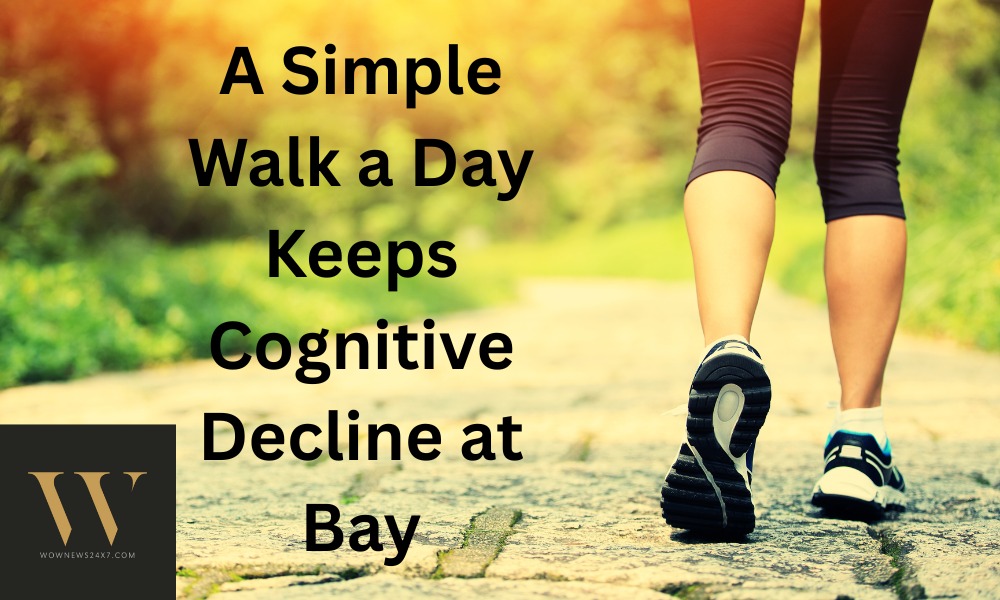Research reveals that walking 5,000 to 7,500 steps daily can delay cognitive decline by seven years in older adults at risk for Alzheimer’s. Even a moderate increase in physical activity slows tau protein buildup linked to memory loss, offering a promising, accessible strategy for brain health preservation.
A groundbreaking study published in Nature Medicine highlights a significant link between daily physical activity and delayed cognitive decline, particularly among older adults vulnerable to Alzheimer’s disease. Researchers from the Harvard Aging Brain Study analyzed data from nearly 300 participants aged 50 to 90, tracking their step counts and brain health over nine years.
Key Highlights:
Moderate Activity Benefits: Participants walking 5,000 to 7,500 steps daily experienced a seven-year delay in cognitive decline compared to sedentary individuals, while those walking 3,000 to 5,000 steps saw a delay of about three years. The delay correlates with slower accumulation of tau protein, a hallmark of Alzheimer’s.
Tau Protein Impact: Tau tangles disrupt brain cell communication, leading to memory impairment. The study found that physical activity primarily slows this tau buildup rather than amyloid-beta plaques.
Accessible Intervention: Even modest activity improvements can make a meaningful difference, emphasizing exercise as a low-cost, scalable tool for cognitive health in aging populations.
Broader Health Correlations: Increased step counts also associated with slower decline in daily functioning and better overall brain health, underscoring physical exercise’s multifaceted benefits.
Cautions and Context: While physical activity shows promise, neurologists advise it be part of a holistic health approach, especially for people with additional risk factors like hypertension or diabetes.
Methodology Strengths: The study benefited from objective step tracking via pedometers combined with detailed neuroimaging and cognitive testing, producing robust, longitudinal insights.
This compelling evidence supports public health efforts encouraging moderate physical activity to combat cognitive decline and Alzheimer’s progression, potentially transforming elder care and brain health strategies worldwide.
Sources: Nature Medicine, Harvard Aging Brain Study, Washington Post, Economic Times Health, CNN Health, Medical News Today.
